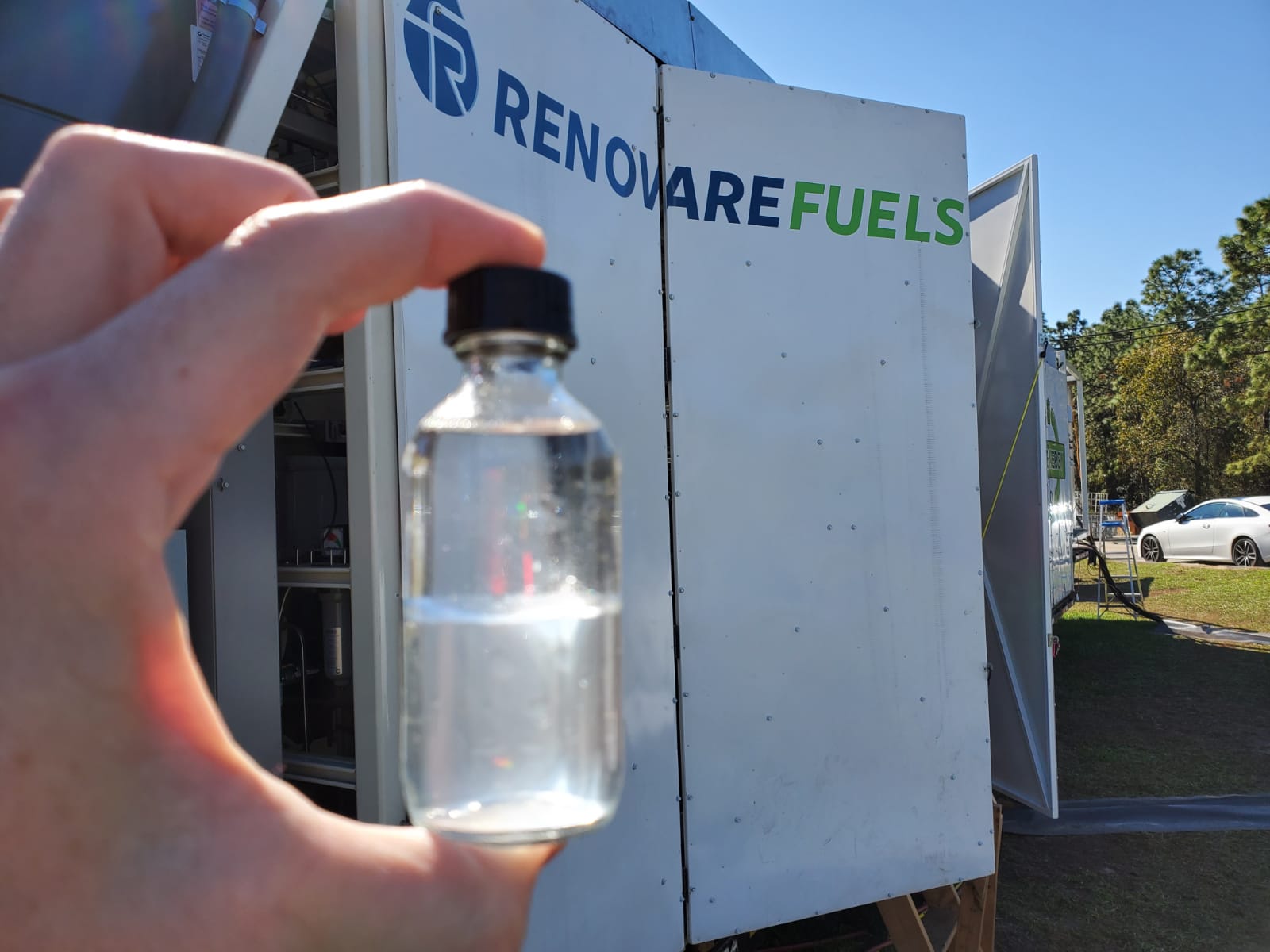Matthew Stone of Renovare Fuels Introduces the Latest Green Technology
The first half of 2020 has been dominated by the effects of the COVID-19 pandemic. These effects are far-reaching, and most will be long-lasting. The economy, society and the environment have all been affected in different ways. Lockdown measures have left many people unemployed and many businesses losing income. However, combined with travel restrictions, the environment has benefitted from lockdown.
At the beginning of the UK lockdown in March 2020, carbon emissions dropped by 31% compared to 2019. Around the world, most countries saw a reduction in emissions of at least a quarter. Yet, as lockdown measures have started to be eased, emissions are steadily climbing once again.
Industry leaders are calling for measures to be implemented by the UK government – and governments worldwide – to instigate a green economic recovery, using new technologies to maintain lowered levels of carbon emissions.
Committee on Climate Change
The Committee on Climate Change (CCC) issued its annual parliamentary report to the UK government in June 2020. The report delivers comprehensive advice on accelerating the transition from fossil fuels to cleaner, greener sources of energy as part of the economic recovery from the pandemic. This is the first time the CCC has outlined specific recommendations for each department of government, with urgent steps to be put in place to facilitate a green recovery.
Carbon Capture and Storage
Carbon capture and storage (CCS) technologies allow for a reduction in the net carbon emission caused by traditional sources of energy, which can help decarbonise energy production. The green transition will not happen overnight, but with CCS technologies, the levels of emissions released into the atmosphere can be greatly reduced while new technologies are being implemented.
CCS technologies capture carbon as it is produced and compresses it, creating a usable liquid. This liquid can refill oil and gas reservoirs and be put to use in several industrial processes, including the creation of steam energy and the strengthening of concrete.
Energy from Waste
Energy from waste (EfW) technologies focus on recovering energy from waste products. Most biodegradable waste can be utilised in this way with the right technology, turning waste from landfills or sewerage treatment centres into usable fuels.
Renovare Fuels has been testing a demonstration of such technology that can take waste biogas energy and turn it into a liquid fuel for the operation of vehicles. Extensive research led to a trail in the US, which has been independently verified by several sources and running so far for seven months.
Matthew Stone, Renovare Fuels Chairman, is an expert in green energy technology. This fuel has the potential to displace 98% of carbon emissions compared to fossil fuels and plans are already underway to reach 250 million litres of production by 2030. The transport industry is currently one of the largest contributors to carbon emissions, and one of the sources of emissions that was most restricted during lockdown.
About Renovare Fuels
Renovare Fuels specialises in biogas to liquid fuel technology, working on the design and manufacture of new technologies and systems for converting biogas into a usable liquid fuel source.
Matthew Stone, Martin Brooks, Devin Walker and Duncan Clark make up Renovare Fuels’ expert management team, with strong backgrounds in relevant fields. Together, they have the expertise to create, manufacture and market a revolutionary new EfW technology with the capacity to replace diesel fuel directly, with no need for engine redesigns.

